Still thinking about whether I should do Santo Domingo next; any other thoughts on that?
Why yes, yes you should.
Still thinking about whether I should do Santo Domingo next; any other thoughts on that?
Why yes, yes you should.
I support the Santo Domingo annexation, Justice Lincoln and American Korea. But, Grant's Administration would probably still have corruption issues dogging it.
Ringo Starr said:I'm guess Santo Domingo becomes a place to put the free blacks. Maybe President Grant can parcel out the land and offer it to the blacks since land reform in the South is probably unlikely given the attitudes at the time.
Ganesha said:What is Lincoln doing now? You mentioned he went back to Illinois and founded a law firm... is that it? I would love it if he ended up on the Supreme Court.
Whanztastic said:I support the Santo Domingo annexation, Justice Lincoln and American Korea.
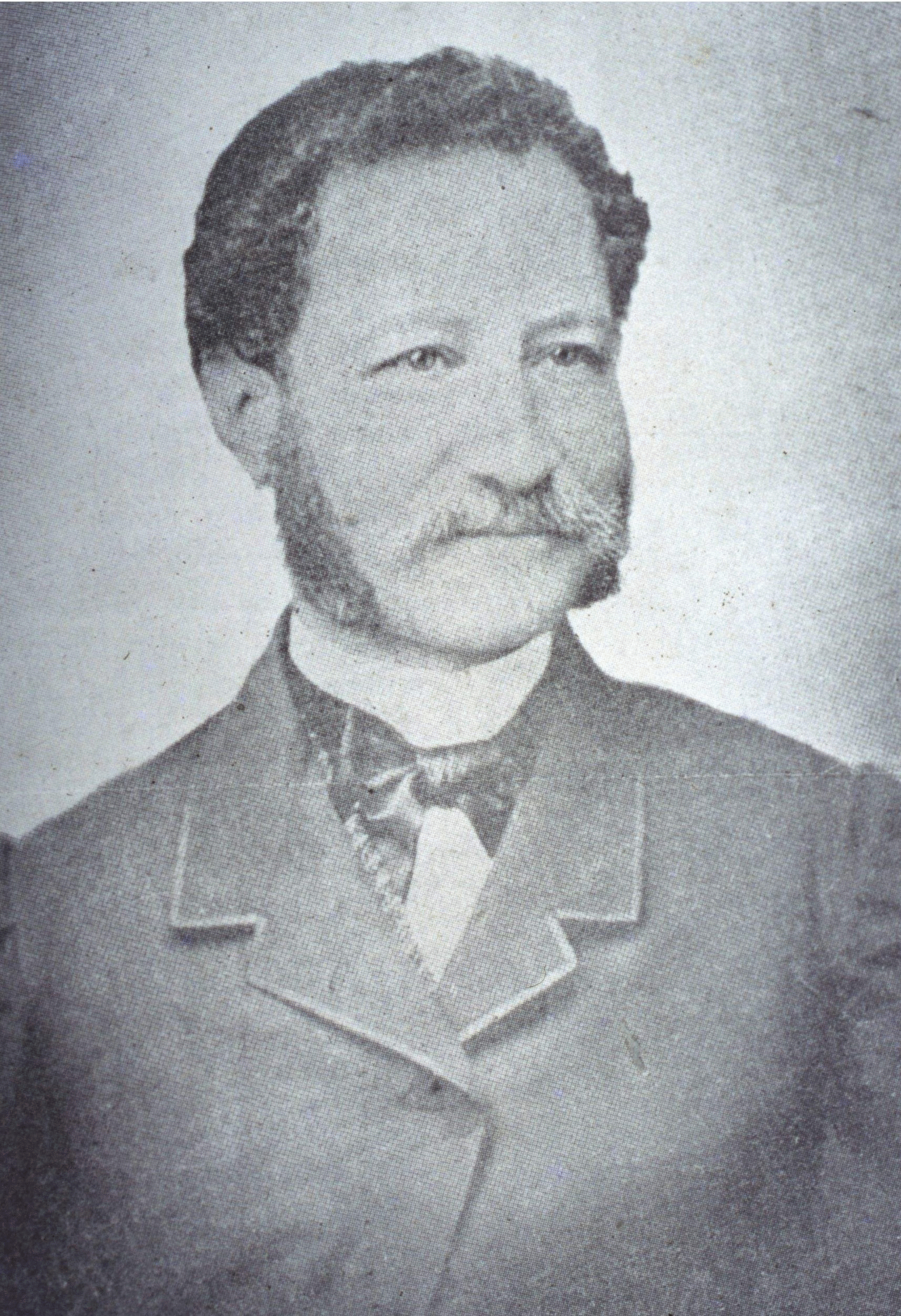
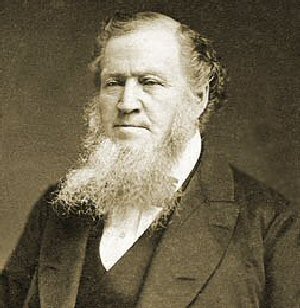
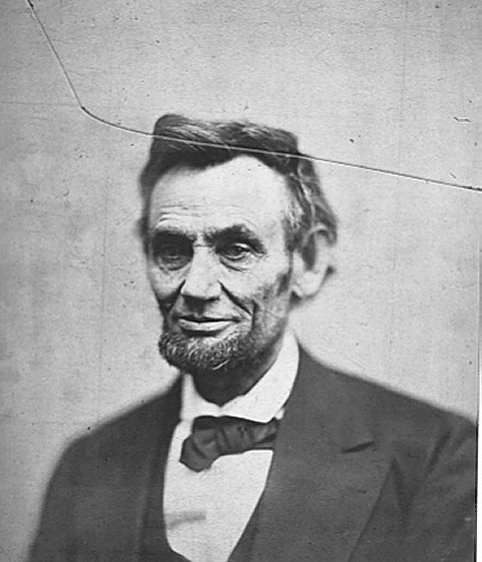
That night, some time before the morning of July 6, 1876...
Minor quibble: this means he just misses following Adams & Jefferson in dying on July 4 itself.
Ah, gotta love how close it is and how far it is. And he dies two days after the Centennial!

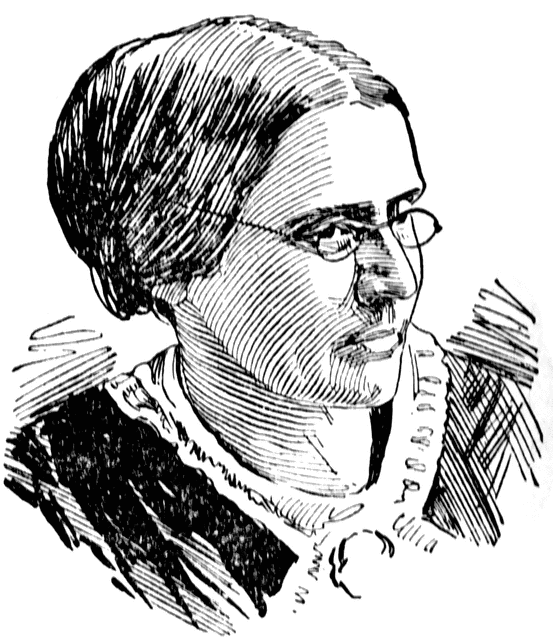
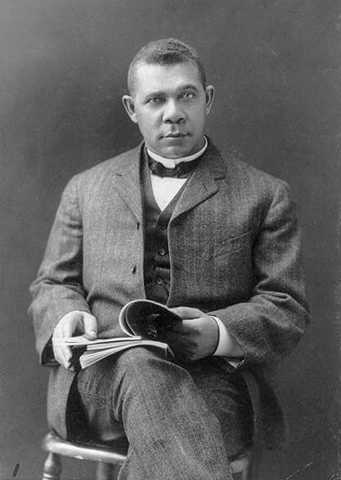


Virginia and West Virginia didn't merge again after the Civil War, did they?
Yeah, I must've been confusing this for another TL. I thought it would be a neat idea you would pick though, since a greater Virginia might be able to avoid being part of the Solid South due to West Virginian-Freedman-Carpetbagger-Scalawag Cooperation. Though you seem to have done that in anyways with Gov. Mahone
Yeah, I must've been confusing this for another TL. I thought it would be a neat idea you would pick though, since a greater Virginia might be able to avoid being part of the Solid South due to West Virginian-Freedman-Carpetbagger-Scalawag Cooperation. Though you seem to have done that in anyways with Gov. Mahone